Franklin Roosevelt And General Hap Arnold: The Statesman And The Strategist Build An Air Force
Nonfiction, History, Germany, European General, Military, United States| Author: | LTC Robert L. Jahns | ISBN: | 9781786253576 |
| Publisher: | Tannenberg Publishing | Publication: | November 6, 2015 |
| Imprint: | Tannenberg Publishing | Language: | English |
| Author: | LTC Robert L. Jahns |
| ISBN: | 9781786253576 |
| Publisher: | Tannenberg Publishing |
| Publication: | November 6, 2015 |
| Imprint: | Tannenberg Publishing |
| Language: | English |
Statesman and soldiers: What is the relationship that exists between the policymaker and the strategist? And, when the policymaker is actively involved in determining the strategies, what is the effect of advice given by the senior military leader and what role should he play in formulating policy and strategy? Given that military officers will continue to provide advice and service to civilian leaders, how do these relationships between the statesman and strategist influence or shape the outcome of policymaking, and can successes or failures be attributed to these personal relationships? This study seeks to examine those questions by reviewing the relationship of the somewhat controversial General Hap Arnold and the President of the United States, Franklin Delano Roosevelt. The study will initially focus on the strategist, General Arnold, as he developed personally, and some of the background history and politics in the development of the Army Air Forces. Approaching the World War II era, the focus will shift to the building of the world’s greatest air force and the winning of World War II. It will examine the personalities, politics, and policies of the President of the United States in their relationship to General Arnold and other service chiefs. The paper will conclude with thoughts on the relationships between policymakers and strategists to determine if those relationships are still important today and if so, how the strategist can best prepare for this relationship.
Statesman and soldiers: What is the relationship that exists between the policymaker and the strategist? And, when the policymaker is actively involved in determining the strategies, what is the effect of advice given by the senior military leader and what role should he play in formulating policy and strategy? Given that military officers will continue to provide advice and service to civilian leaders, how do these relationships between the statesman and strategist influence or shape the outcome of policymaking, and can successes or failures be attributed to these personal relationships? This study seeks to examine those questions by reviewing the relationship of the somewhat controversial General Hap Arnold and the President of the United States, Franklin Delano Roosevelt. The study will initially focus on the strategist, General Arnold, as he developed personally, and some of the background history and politics in the development of the Army Air Forces. Approaching the World War II era, the focus will shift to the building of the world’s greatest air force and the winning of World War II. It will examine the personalities, politics, and policies of the President of the United States in their relationship to General Arnold and other service chiefs. The paper will conclude with thoughts on the relationships between policymakers and strategists to determine if those relationships are still important today and if so, how the strategist can best prepare for this relationship.
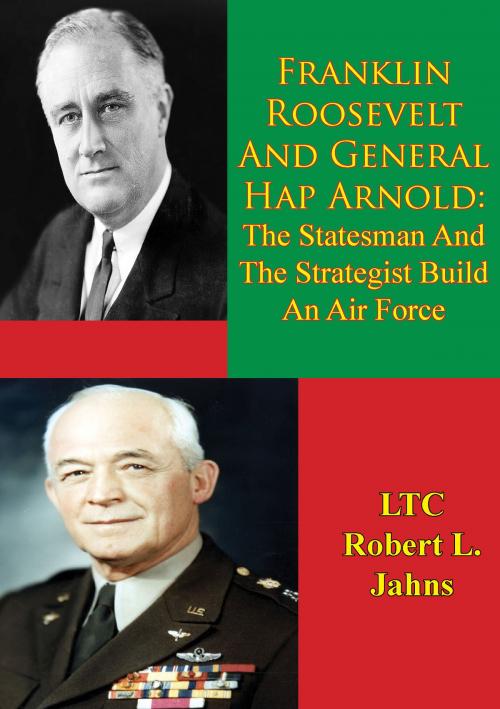



![Cover of the book The 1973 Arab-Israeli War: The Albatross Of Decisive Victory [Illustrated Edition] by LTC Robert L. Jahns](https://www.kuoky.com/images/2015/november/300x300/9781786252791-N1Pw_300x.jpg)
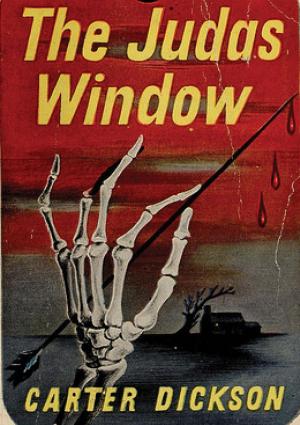


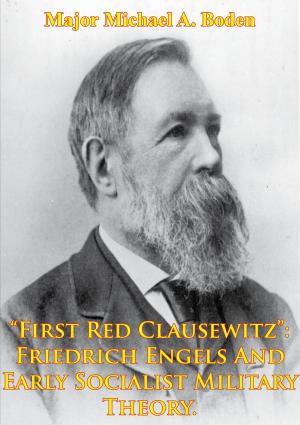
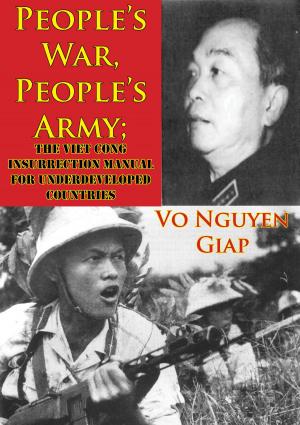
![Cover of the book Conquering The Night — Army Air Forces Night Fighters At War [Illustrated Edition] by LTC Robert L. Jahns](https://www.kuoky.com/images/2015/november/300x300/9781786252371-lfdB_300x.jpg)
![Cover of the book Operation Thursday: Birth Of The Air Commandos [Illustrated Edition] by LTC Robert L. Jahns](https://www.kuoky.com/images/2015/november/300x300/9781786252494-RzRY_300x.jpg)
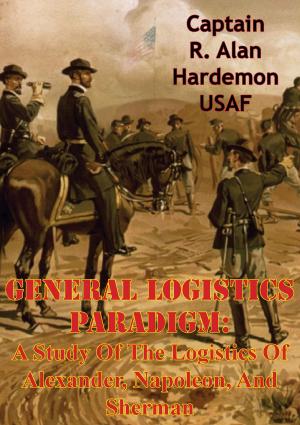
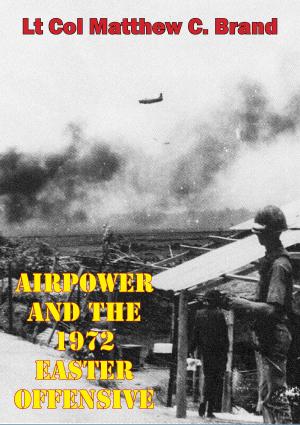
![Cover of the book Air Superiority In World War II And Korea [Illustrated Edition] by LTC Robert L. Jahns](https://www.kuoky.com/images/2015/november/300x300/9781786257536-KPrc_300x.jpg)
![Cover of the book Task Force 2-4 Cav - First In, Last Out - The History Of The 2d Squadron, 4th Cavalry [Illustrated Edition] by LTC Robert L. Jahns](https://www.kuoky.com/images/2015/november/300x300/9781782899648-lwhf_300x.jpg)